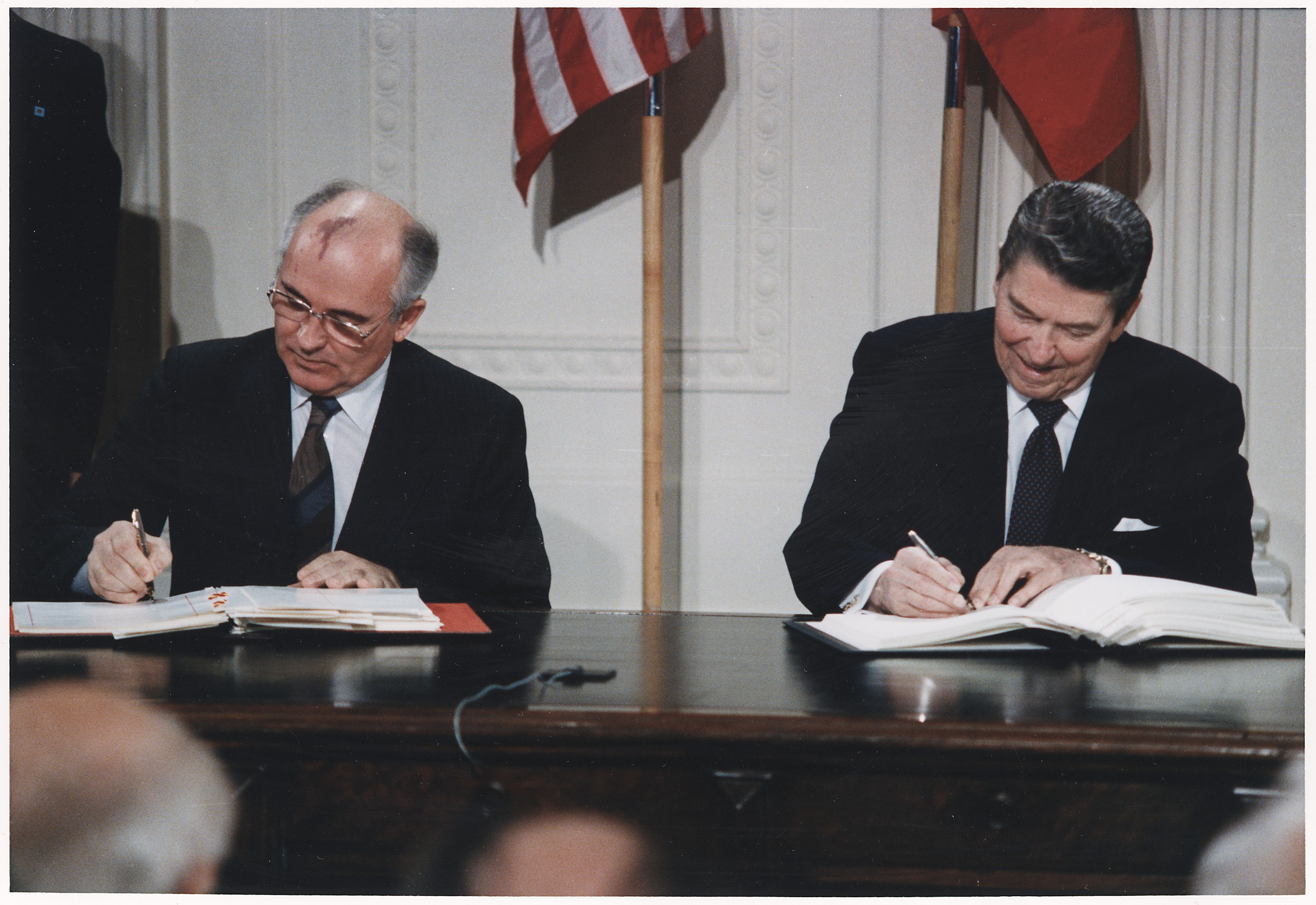European Convention Cinematographic Co-Production
Twenty-five years after its creation by the Council of Europe, the European Convention on Cinematographic Co-Production will become more international. On January 30, during Rotterdam International Film Festival a revised Convention has been signed and it should be now much easier for producers of signatiores countries of the convention to co-produce with partners from outside Europe.
The Convention is a legal instrument created within the Council of Europe, the international body in charge with promoting human rights, democracy and the rule of law in Europe. Eurimages itself , Council of Europe’s Co-production support fund, has recently opened its fund to countries outside Europe, therefore the revision of the Convention was a natural step in this direction.
The convention was adopted by the Council of Europe in 1992 and came into force in 1994. It has underpinned European co-production ever since and been ratified by 43 Council of Europe states. Previously a European filmmaker looking to co-produce would have to rely on a complex patchwork of bilateral treaties, which worked well for larger territories but effectively froze out smaller European nations that had not negotiated any such treaties. Different countries have different numbers of treaties. Outside Europe, Canada, for example, is one of the most active countries offering incentives on a bilateral basis, with more than 55 co-production agreements worldwide, while inside Europe, France has more than 30 treaties. Other countries have far fewer.
The convention means all signatory countries can work with each other using one treaty.
The revisions to the convention come in response to the needs of European producers themselves who are increasingly working with non-European partners, such as Canada, South Africa, Australia, New Zealand and Latin America. The revised convention will make it easier for EU producers to work with non-European countries. They will not need to rely on bilateral treaties, which not every country has. Countries outside Europe that wish to sign the convention will need to obtain the unanimous vote of all the other signatories. It is likely that only those non-European countries already making co-productions via bilateral treaties with individual European member states will wish to join the convention.
Another significant enhancement of the convention is that it has adjusted the minimum and maximum proportions of contributions from each co-producer. The minimum contribution rate is now 5% of the overall budget, down from 10%.
Under the old system, smaller territories could use the convention to co-produce but they were still effectively excluded from bigger projects as they were often not in a position to provide the 20% of the overall budget required to become part of bilateral co-productions and the 10% required for multilateral co-productions. They could still participate in such projects as service producers but would not be recognised as official national co-production partners.
The convention also needed to be changed for linguistic purposes. The original version is framed in outdated analogue language. For example, the 1992 convention talks about “the object of the co-production” as being to “share the rights over the original negative” and the need for co-producers to have an “internegative” for their own use. Such language is no longer relevant now that distribution in Europe is almost entirely digital.
One final further change ushered in by the new convention is it should now be possible to measure accurately just how well the system actually works. There has never been a system to monitor the number of productions made using the convention or of sharing best practice advice in its application, for the simple reason member states did not want to pay the extra cost of such research. The revised convention proposes Eurimages will undertake the work.
New regulations as from 1 January 2017 available here
Dandi Law Firm provides legal assistance in Copyright. Check out our Services or contact Us!





